Growing Crops This Time Of The Year
One of these days I will live the life I once dreamed of.
This year I started growing crops. In the hopes of earning from them, I planted a lot of melons. More than ten packets of seeds I had planted in our small farm space. All of them are not planted on the same dates on the purpose of not harvesting them all at the same time.
Yes we lack some clearing labor and land preparation but I am super thankful for all the people who went there to help me clear the area and planted the seeds. A group of college agriculture interns came to visit the farm and help me plant the seeds, now we harvested the first batch of ripe melons and the interns had graduated from college by now (I am super thankful to you guys).
We harvested the first first batch of melons on the last week of May. They were oblong melons with red and yellow flesh--the variety that I always love to grow.
Melons are not the only crop that we planted on the farm, there were some others too.
On the month of March we planted squash, corn, ginger, and melon. It wasn't a lot but too many for one person to water almost everyday because our off-grid farm don't have the irrigation system others have. So we water them manually. It was a tasking month but we never realized what April and May had brought us. The summer sun caused us to keep watering the crops almost daily. Yet, we planted more in those times with ginger and yam (Ube), our long-term crops. Both were high value crops and both needed the same care, except for the Ube vines that needed to be trellised but rather, both needed to be treated with fungicide.
The farm we establish today are following the ways of organic agriculture--no chemicals, no synthetic fertilizers which is quite hard for us at first since it was a new practice we followed, yet we discovered online some organic fungicide and how to make them at home. It was all worth the effort of going organic all the way.
We made organic concoctions since we just started establishing our farm. Some fermented seaweeds, IMO (Indigenous Micro-Organism, FFJ (Fermented Fruit Juice), Organic Pesticide (fermented plant extract). We also made organic fungicide and some liquid bio-fertilizer (R. pulastris), all for drenching and help support plant growth in the beginning months of going organic in our farming practices. We needed more agricultural inputs like basal fertilizers and a composting facility/vermicomposting facility, yet, this year we know we'd stick with the liquid fertilizers first because they are easier to manufacture and faster to harvest.
Our goal in building the farm is to be sustainable and natural in our practices. It may not be the easiest road to follow yet the most rewarding because we know we tried to change our ways one step at a time.


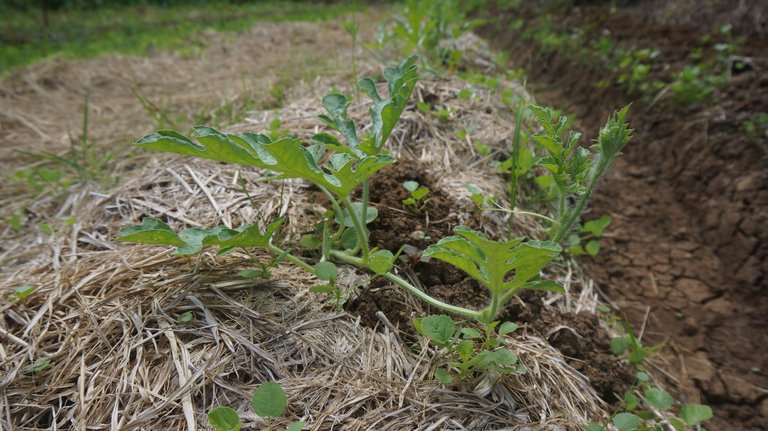
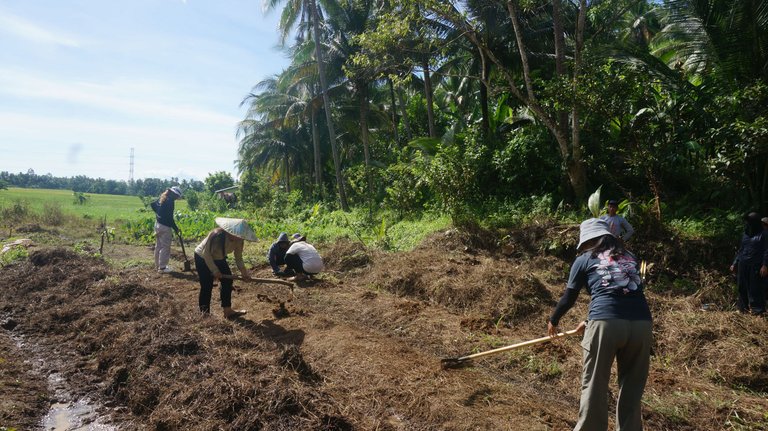

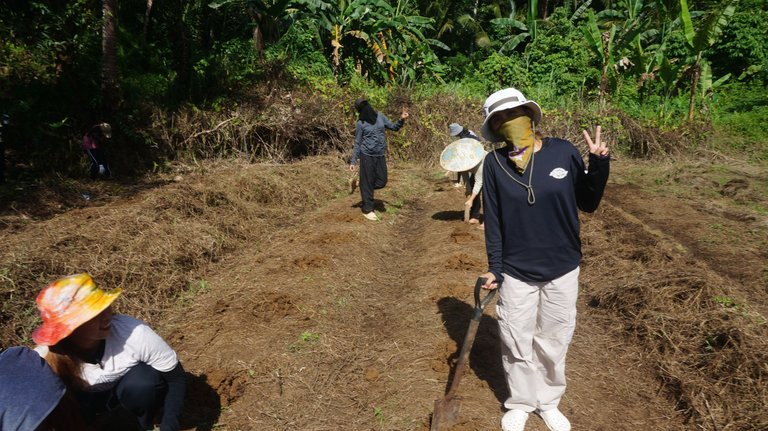

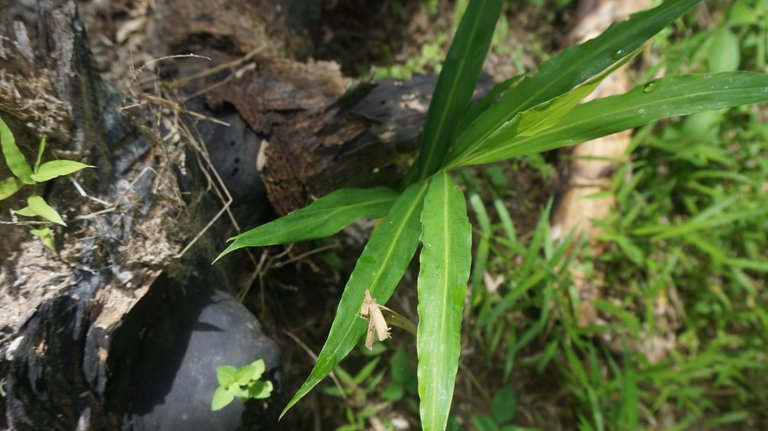
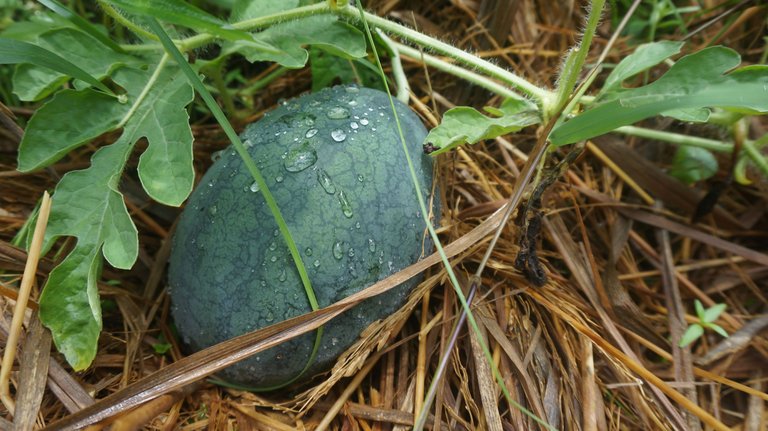
Thank you for sharing your journey into organic farming! It's amazing to see how much dedication,planning,and passion you've poured into your land. The way you timed the planting,welcomed help from interns, and committed to natural methods really shows your deep respect for both the earth and the process. I especially admire your shifts to organic practices-it's definitely not the easiest path, but it so meaningful and impactful in the long run. Congratualations on your first melon harvest! Enjoy
Hey, @justinparke here. Sorry for the inconvenience, but my family and I arrived in the USA and for several days we were busy getting over jetlag and visiting family. Now I am back to voting and curating, but will be voting at roughly 50% less than normal until I am caught up again. Sorry for the inconvenience and I hope for all to be back to normal within 48 hours.
⋆ ᴛʜᴇ ᴘʟᴀᴄᴇ ғᴏʀ sᴏᴜᴛʜᴇᴀsᴛ ᴀsɪᴀɴ ᴄᴏɴᴛᴇɴᴛ ᴏɴ ʜɪᴠᴇ
⋆ sᴜʙsᴄʀɪʙᴇ ᴛᴏ ᴛʜᴇ ᴀsᴇᴀɴ ʜɪᴠᴇ ᴄᴏᴍᴍᴜɴɪᴛʏ
⋆ ғᴏʟʟᴏᴡ ᴛʜᴇ ᴀsᴇᴀɴ ʜɪᴠᴇ ᴄᴏᴍᴍᴜɴɪᴛʏ ᴠᴏᴛɪɴɢ ᴛʀᴀɪʟ
⋆ ᴅᴇʟᴇɢᴀᴛɪᴏɴ ʟɪɴᴋs 25 ʜᴘ⇾50 ʜᴘ⇾100 ʜᴘ⇾500 ʜᴘ⇾1,000 ʜᴘ